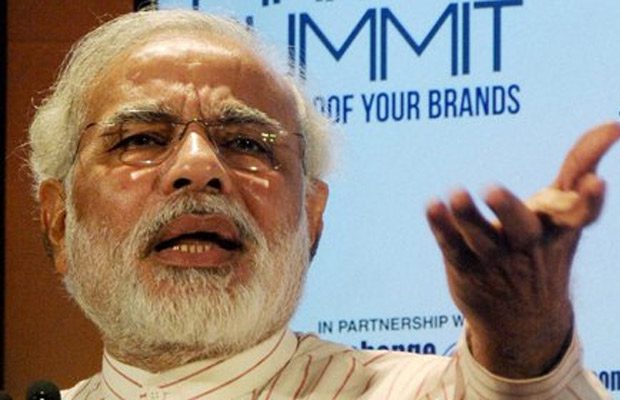Columbia Professors Discuss India’s Future

Two Columbia Business School Professors, Jagdish Bhagwati, professor of economics, law and international affairs, and Arvind Panagariya, professor of economics, shared the prestigious George S. Eccles Prize for Excellence in Economic Writing for their book, “Why Growth Matters: How Economic Growth in India Reduced Poverty and the Lessons for Other Developing Countries.”
During a Q&A discussion moderated by Glenn Hubbard, dean of Columbia Business School, the professors challenged notions of protectionism and wealth redistribution that has been the guiding force in India. During the session, the authors described the key points in their book:
- Governments need revenues to support infrastructure and social programs.
- Since the poor can’t afford these programs, and since raising taxes is not popular in a democracy, the economy needs to generate wealth that can, in turn, grow businesses and throw off rupees.
- A rising economy means more and better paying jobs and a larger pie to share with the government even when the tax rate stays the same.
- Eventually that money can be directed to alleviate poverty.
This award was presented to the two professors on the day before India’s landslide election. In that election, Narendra Modi was elected prime minister by more votes than in any democratic election in history. Both Bhagwati and Panagariya know Modi and both authors commented on items certain to be on the new PM’s agenda.
According to the authors, restrictive labor policies have severely handicapped India’s competitiveness in global markets. For example, the burden employers in India face when they want to terminate employees.
Modi has also indicated his willingness to redirect government money spent on social programs to infrastructure such as roads, airports, and especially electricity generation. This comes from experience, where as chief minister of Gujarat, he routinely found his way around political and regulatory barriers to grow the state’s economy at 10 percent a year over the past decade, often double that of India as a whole.
The last other priority on Modi’s agenda must be attacking corruption with institutional reforms and enforcement. Noting that business reforms may take a while to work their magic, Bhagwati said corruption must be dealt with immediately.
“For India to deliver growth, this is an issue that can’t wait 25 years.”
Overall, the authors are optimistic for the country following Modi’s election. “If GDP growth could reach 10 percent on a consistent basis, India could become the third largest economy in the world in 15 or 20 years,” said Panagaiya. In fact, “since India has more people, it’s entirely possible that India could exceed China.”
